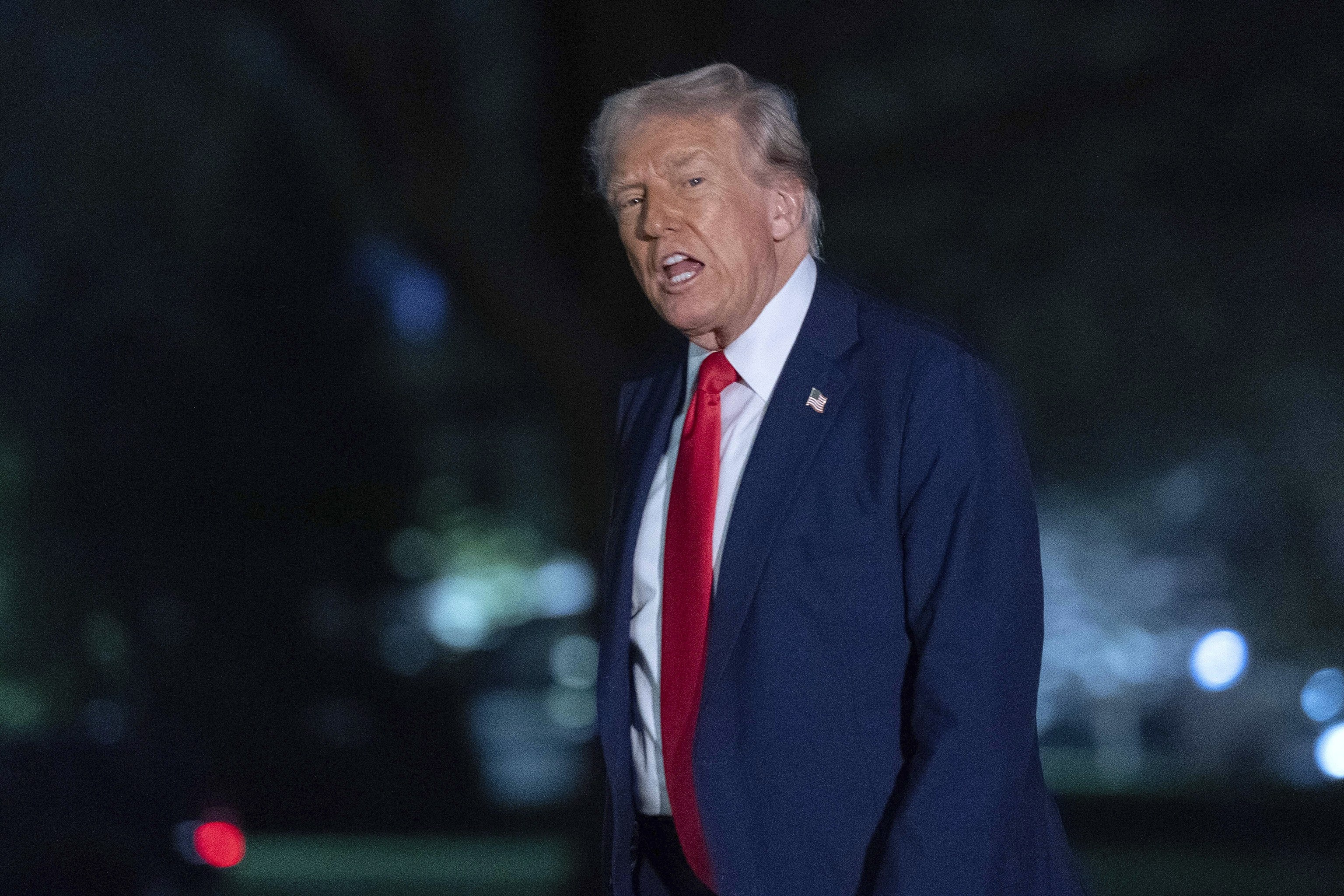Monday sees red for the markets: with the imminent implementation of tariffs on imports from the United States (US) on April 2, markets worldwide have experienced losses since the beginning of their respective sessions.
At the close of the European trading day, the stock markets continued their declines from the opening: the Frankfurt stock exchange closed with a decrease of 1.33%, while Paris closed down 1.58%, Milan down 0.92%, and London down 0.88%.
Leading the declines was the Ibex index, which ended a critical day with a drop of 1.31%, bringing it down to 13,135 points. Within the Spanish selective index, only five stocks ended the session in the green: Telefónica (+0.74%), Logista (0.69%), Indra (0.45%), Enagás (0.23%), and Redeia (0.05%). On the other hand, the biggest losers at the close were IAG (-6.56%), followed by Grifols (-4.43%) and Puig (-4.72%).
In the case of IAG, its decline had several triggers: on Monday, the UK Competition and Markets Authority (CMA) scrutinized the commitments proposed by American Airlines, Finnair, and IAG's British Airways, Aer Lingus, and Iberia to address competition issues on transatlantic routes, resuming investigations that began in 2018. Additionally, the value of IAG's shares was influenced by the news that the American company Virgin Atlantic is joining other airlines in reducing their forecasts for the rest of 2025 due to potential demand contraction (as a result of Trump's measures).
Another key player at the opening was Repsol, which started the day with a 2.45% decline, maintaining it through midday. The Spanish company was particularly affected by Trump's measures, as on Sunday he revoked permits and exemptions granted to several oil companies to export crude oil from Venezuela. Josu Jon Imaz, CEO of the company, stated on Monday that they will seek mechanisms to maintain Repsol's operations in Venezuela.
In the commodities market, prices rose at the European close: the price of a barrel of Brent crude oil, the European benchmark, stood at $74.72 (up 1.49%), while Texas crude rose by 2.9% to $71.38.
In the currency market, the euro's exchange rate against the dollar was at $1.08, while in the debt market, the yield on the Spanish 10-year bond closed at 3.37%, with the risk premium over the German bond at 63.5 basis points.
Prior to Europe, Asian stock markets experienced a session of "sharp declines": Japan's main index, the Nikkei, ended the session with a 4% drop, and the Hang Seng in China also fell by 1.5%, "amid fears of Trump's new tariffs, anticipating reciprocal tariffs to be announced on Liberation Day," as highlighted by Renta 4 analysts.
The last to start the day was Wall Street, which opened with declines in its main indicators: the tech-heavy Nasdaq started Monday with a 2.3% drop, while the S&P 500 followed with a 1.3% decline, and the Dow Jones with a 0.7% drop. Their indices already signaled a tense week last Friday: Nasdaq led the declines with a 2.70% plunge, while the S&P 500 followed with a 1.97% drop, and the Dow Jones with a 1.69% decline.
Monday was a day of high tension in the markets, as reflected by the VIX index, which measures volatility (for the next 30 days) of the S&P 500, a key index on Wall Street. The VIX started Monday at 24 points, surpassing the 20-point threshold indicating market stability.
